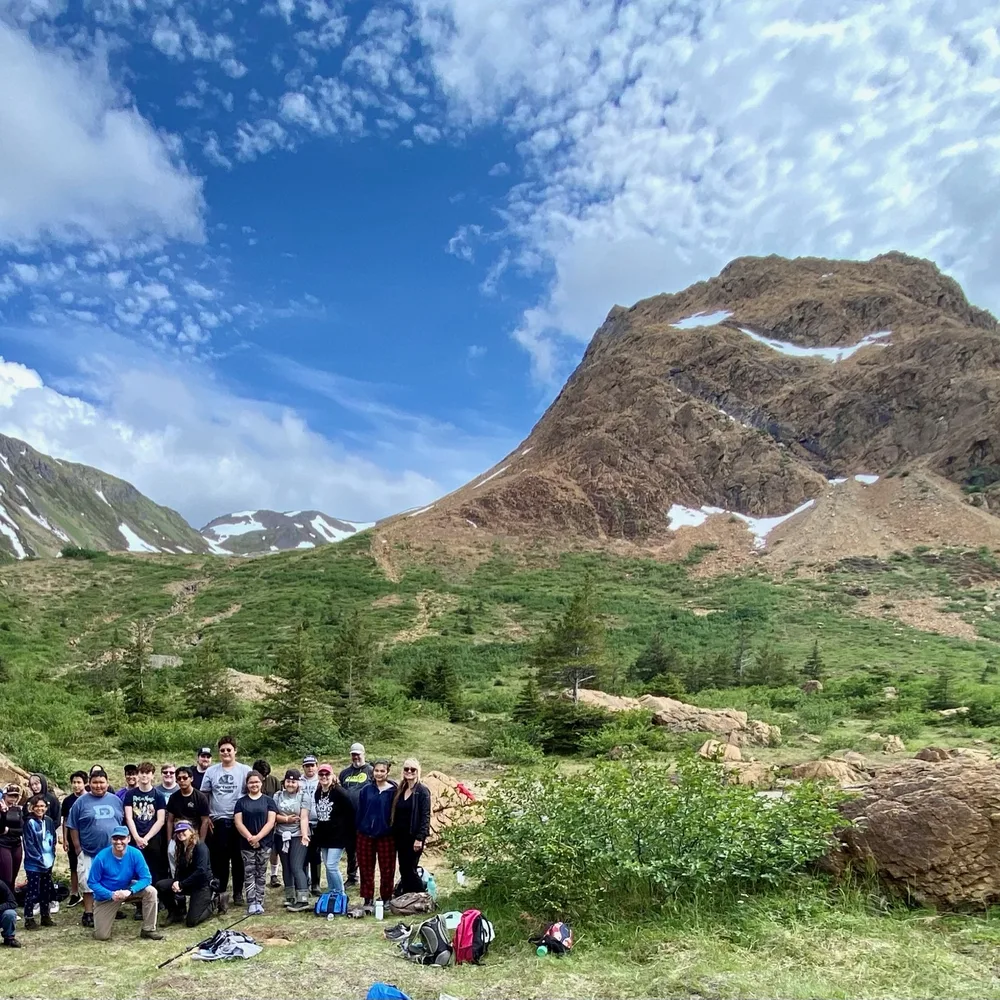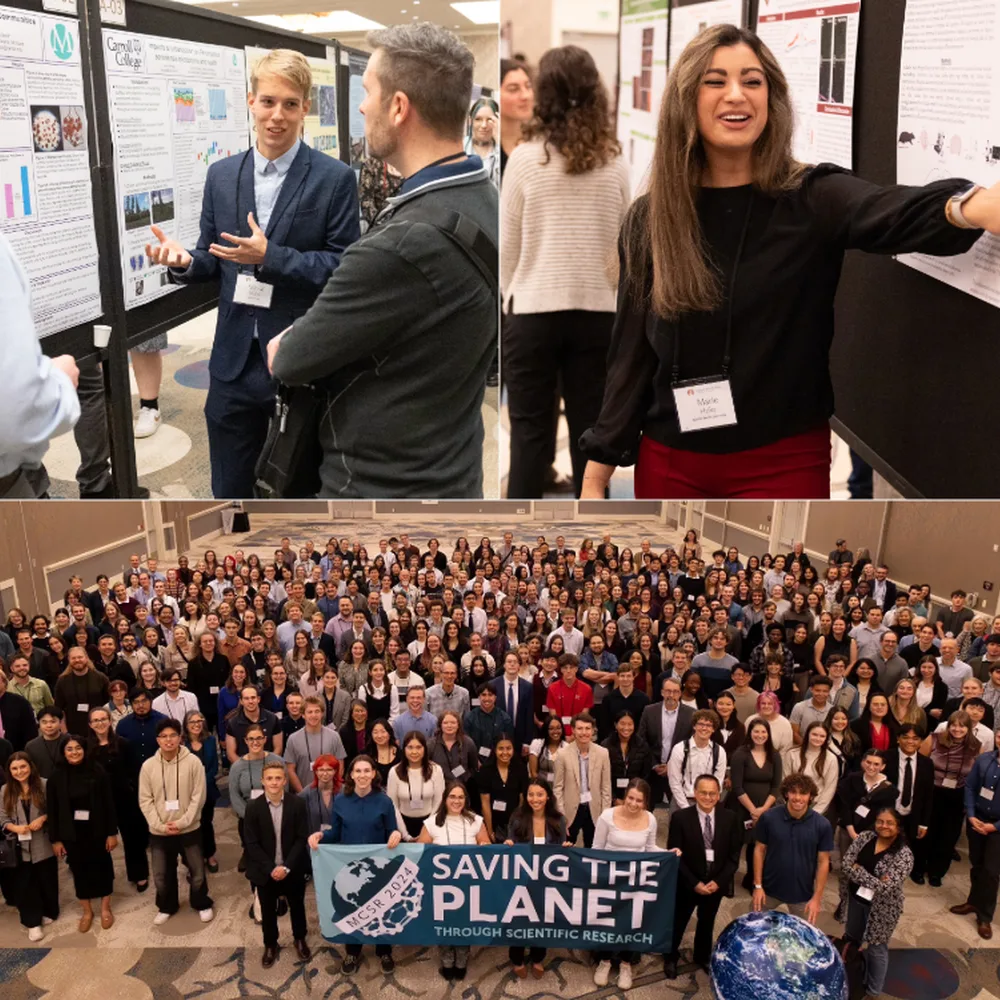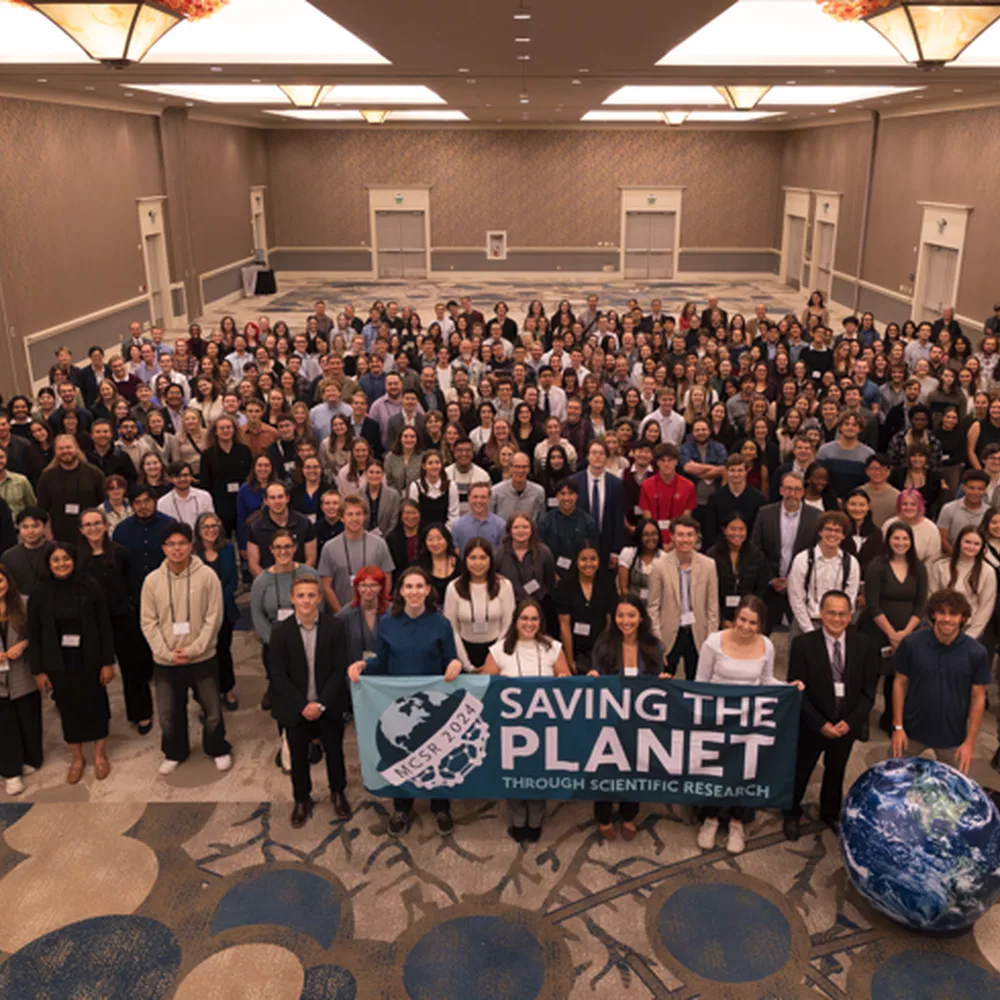Our benefactor, Jack Murdock, was an innovator at his core. He believed deeply in the power of scientific and technological advancement through creative collaborations. Since its founding, the Trust has championed cutting-edge scientific research that thinks about old problems in new ways. We support unconventional coalitions that build brighter futures and move important conversations in the right direction.
Recently, the Trust hosted a convening that considered one of science’s oldest questions – how it relates to faith – in an innovative way. We asked how we can move scientific research into new territory through collaboration with theologians and other Christian scholars. The driving question was: How can the Christian faith help shape hypothesis-driven scientific research that can answer some of our world’s most pressing questions, and vice versa? These could be questions about climate change, pandemics, gene editing, artificial intelligence, chronic health and poverty, addiction, and more.
What We Did #
For two days, a group of top Christian scientists and theologians, from as far away as Oxford University and as near as University of Portland, gathered in Vancouver, WA. The purpose of this conversation was to confirm interest in a potential grant initiative from the Trust that would fund research projects between Christian scientists and non-scientist Christian scholars, as well as to explore project ideas and grant models. Through plenary sessions, moderated conversations, and group discussions, participants brainstormed potential research projects. They considered grant models for supporting this research and raised important questions about guidelines and scope.
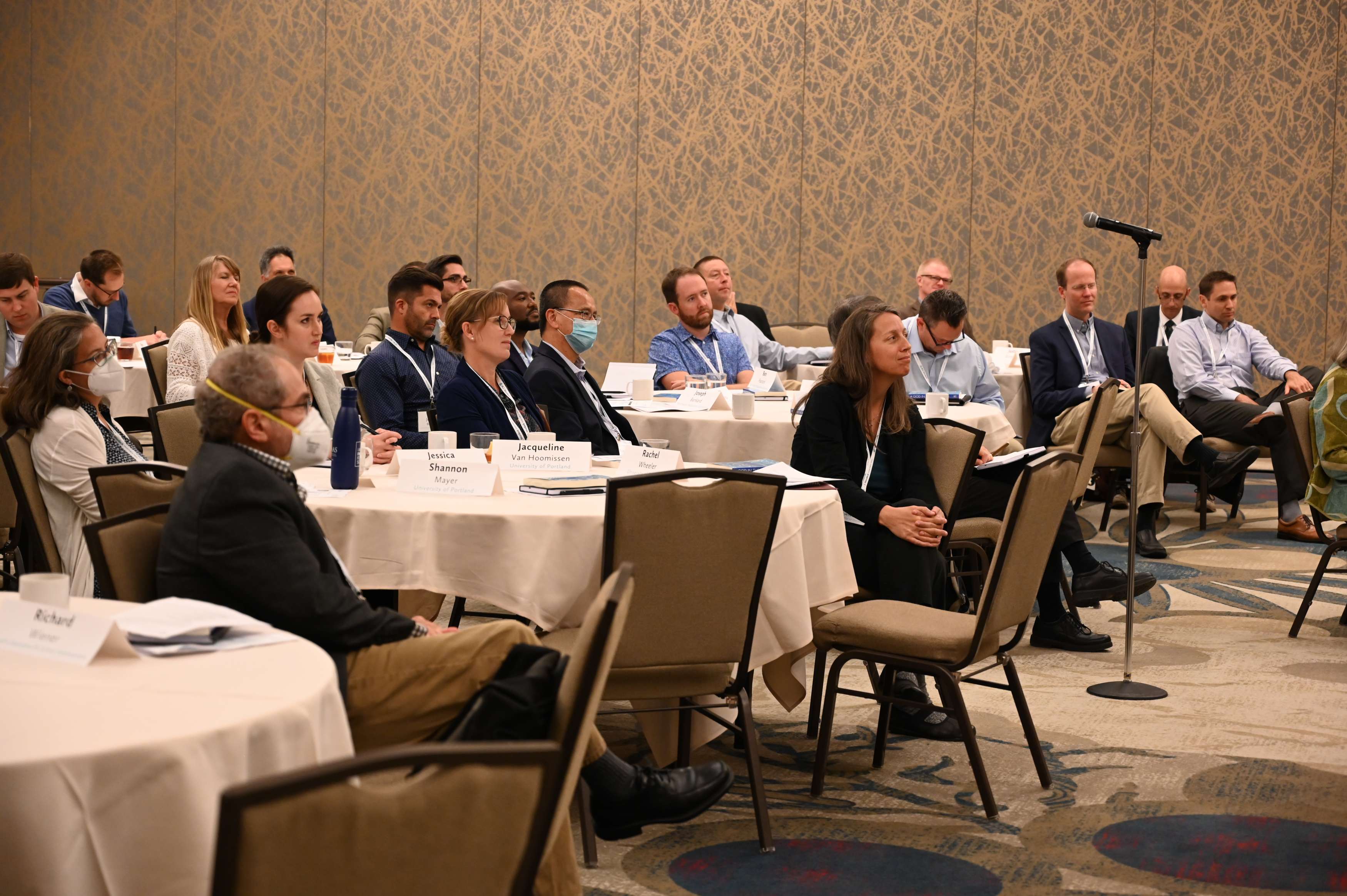
What We Learned #
From these conversations emerged creative ideas for hypothesis-driven projects that rely on both science and theology. What if, they asked, we could fund research that looks at the effect of faith on the neuroscience of anxiety and depression? What if we considered the role of forgiveness in trauma? Could we learn more about the relationship between environment and spirituality, or invest in physiological studies of religious practices such as fasting or Sabbath? How might faith inform the latest discovery that embryos can be produced from stem cells without eggs or sperm, and how could this transformative discovery contribute to human flourishing?
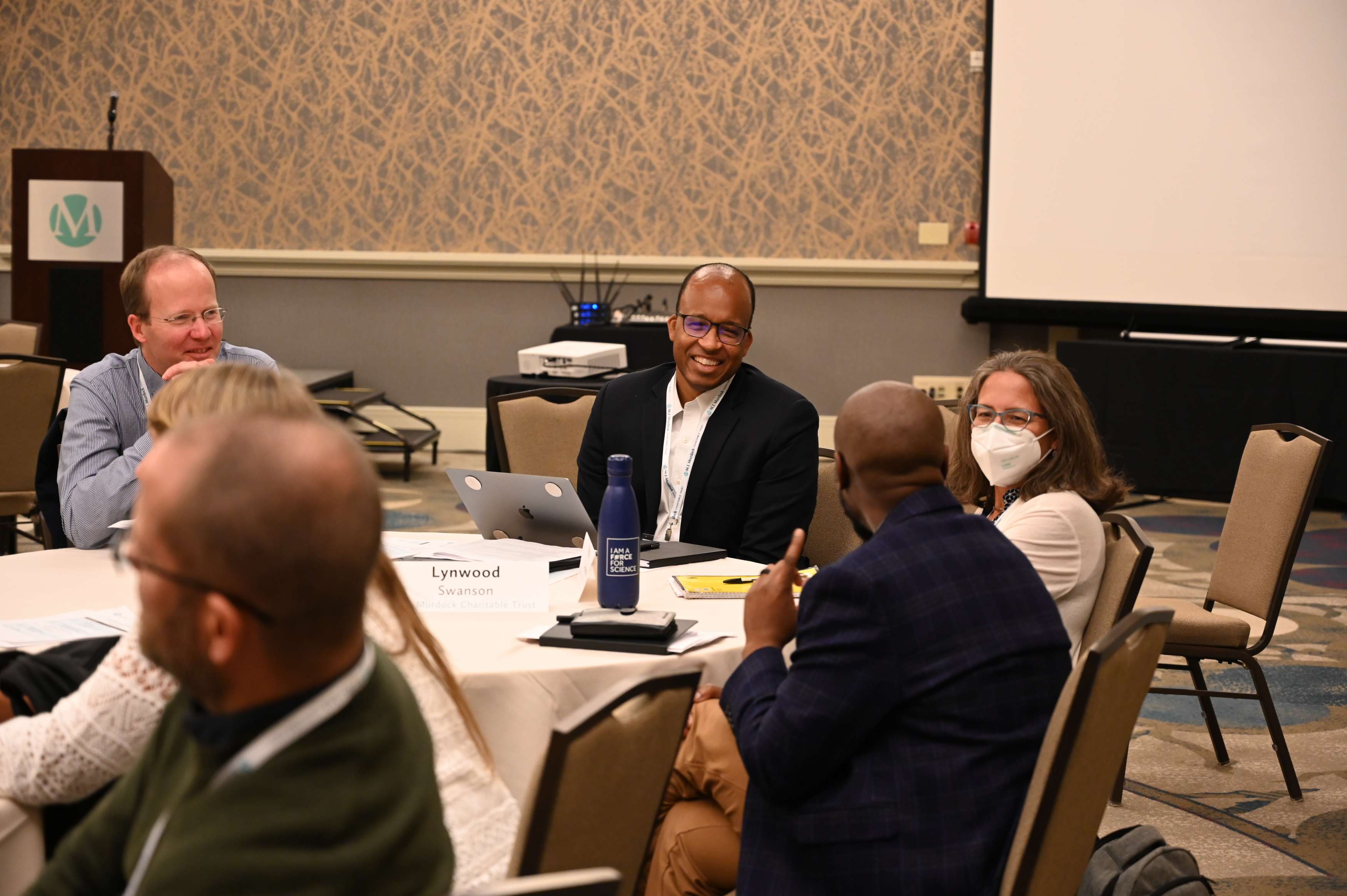
These conversations also confirmed that while there is great interest in such projects, interdisciplinary partnerships present some challenges. Scientists and Christian scholars often “speak a different language.” Each discipline has its own methodology. Research success can be measured in a variety of ways.
Yet the fruit that could be borne of such coalitions make this conversation worth continuing. The Trust is committed to supporting excellence in scientific research, and the flourishing of faith communities. Research that advances the conversation in, and between, both groups is worthwhile. We are eager to continue this discussion through further convenings and exploration.
The Trust is grateful for the engagement of every participant and the wisdom and generosity of each speaker. Above all, we are grateful for the spirit of collaboration at this convening. We know that true innovation is not easy. However, it is worth pursuing, for our scientific and faith communities, and for the common good of our region.
The post Scientific Research and the Christian Faith Convening Recap appeared first on M. J. Murdock Charitable Trust.

